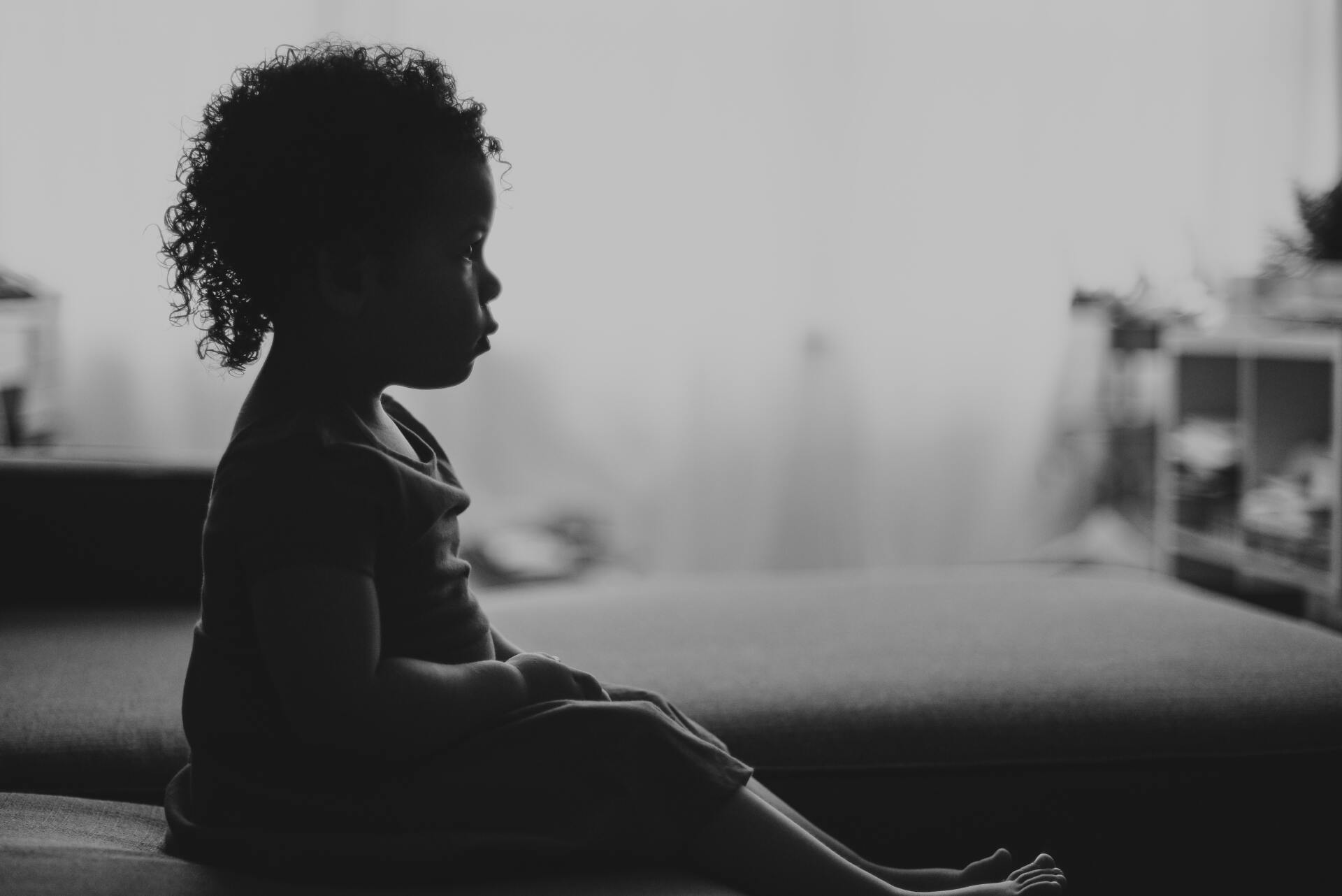PEGS Founder reflects on attitudes to CPA
PEGS first began offering support to parents and professionals in 2020 – now more than a year on, Founding Director Michelle John has taken some time to share her thoughts and reflections on what she’s learned and the responses she’s received along the way:
I started PEGS not knowing what it was going to be, I just knew that something had to be done and a voice given to those parents, carers and guardians who were trying to survive another day in a situation where they alone and scared. Scared for themselves, scared for their family and scared for the unknown.
Living with a child who displaying abusive, violent or out of control behaviours is not easy, it is not a happy time, and it is not safe, yet all too often judgements and comments are made that blame the parents. Could you imagine the uproar if society blamed an intimate partner victim of domestic abuse for their situation? Yet the majority still find it acceptable to make judgments and/or blame a parent for their child’s behaviour towards them.
There is no worse critic for a parent than a parent themselves, they do not need to be criticised when they reach out for help and support, they need to be listened too, believed and empowered.
Day after day, I am privileged to hear parents’ experiences across the country, different families yet often similar situations. One thing that is constant across the UK is the lack of understanding, missed opportunities to keep families safe, and a failure of having policies and frameworks to assist professionals in upskilling their knowledge and providing effective care and support.
I spend a lot of my day talking to individuals and organisations about Child to Parent Abuse, I try to offer these professionals the support they need to navigate the complexity of working with families where a child is abusing their parent or carer. I will suggest other services such as Forensic CAMHS, an excellent service within England (FACTS is the Welsh equivalent) who are able to offer support for professionals and families where a child or young person with or without a diagnosis is displaying extremely violent, harmful or out of control behaviours. If you are not aware of Forensic CAMHS please ask at your health boards for details of your local service. I try to encourage multi agency working and share what tools we have here at PEGS to help those professionals understand and empower them in helping their families.
I am also challenged by some professionals on Child to Parent Abuse and that the behaviours must have been learned from somewhere, that there is no such thing, or even that the parent just needs to ‘be a parent’. I hear excuses being made for the sometimes extremely violent and aggressive incidents; I hear how parents are told they need parenting classes – do we send intimate partner victims on programmes on how to be a better partner? No, we do not, and we never would, yet for the majority of the time the response for parent and carers victims seems to be that a parenting programme is the answer.
I see professionals telling parents that they will be prosecuted for neglect or abandonment if they try to seek support for the child to live outside of the family home. Again, could you imagine anyone telling an intimate partner of abuse ‘if you ask them to leave you will be prosecuted’?! The suggestion itself seems ludicrous yet time after time the parents I work with are being told this is the case. Currently almost 20% of the parents PEGS supports have been threatened with this action by local authorities – appalling, heart-breaking and causing further distress, worry and fear.
And what happens when the ‘child ‘is 18 or over? Sadly, there is not much difference, the suggestion that it is somewhat easier as the parent can choose to ask their child to leave, to stop all communication and to make better choices are often the first comments made. Yet the reality is this is no easier when your child is over 18 than when they are under 18. Parents with adult children are seeing and hearing similar comments, they are almost left even more alone (if this is possible) than the parents with younger children.
Some of the parents we support have been experiencing decades of abusive behaviours, they are being missed by services, professionals, family, friends, and the community. The assumption that as the child is an adult so therefore its easier to find a solution is rife, the onus is still placed on the parents, especially if their child has an additional need. Again, we are seeing older parents being told that if they ask for their adult child who may have additional needs to leave, they would be placing a vulnerable adult homeless and at risk and that would potentially see them as being in the wrong. So, they are left trying to survive day after day with behaviours that they can not manage and quite frankly should not have to put up with. We all have the right to live fear free and safe in our homes, yet this does not appear to apply to parents.






